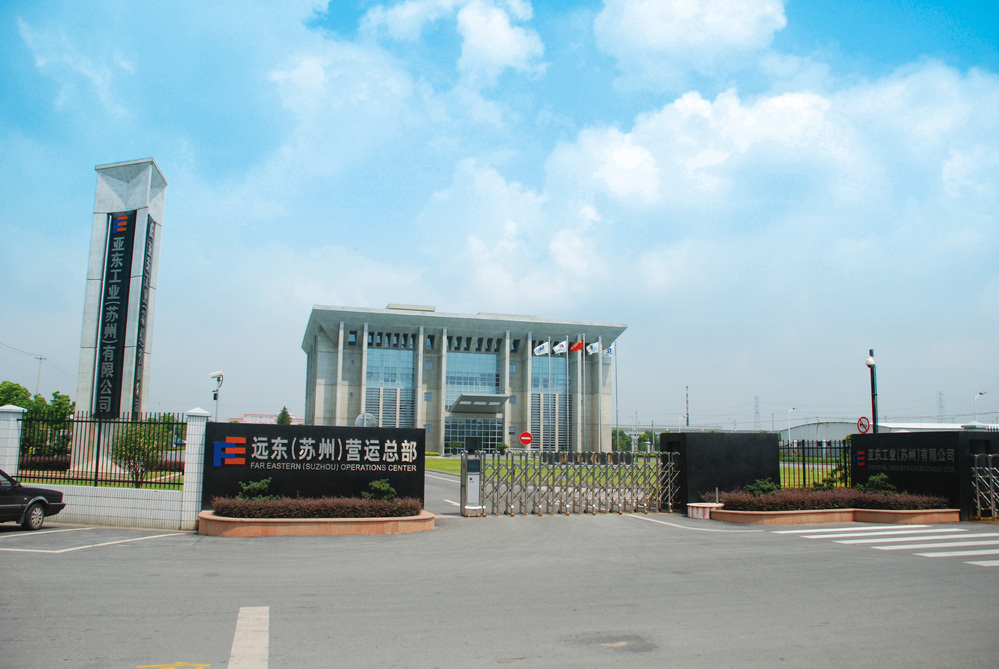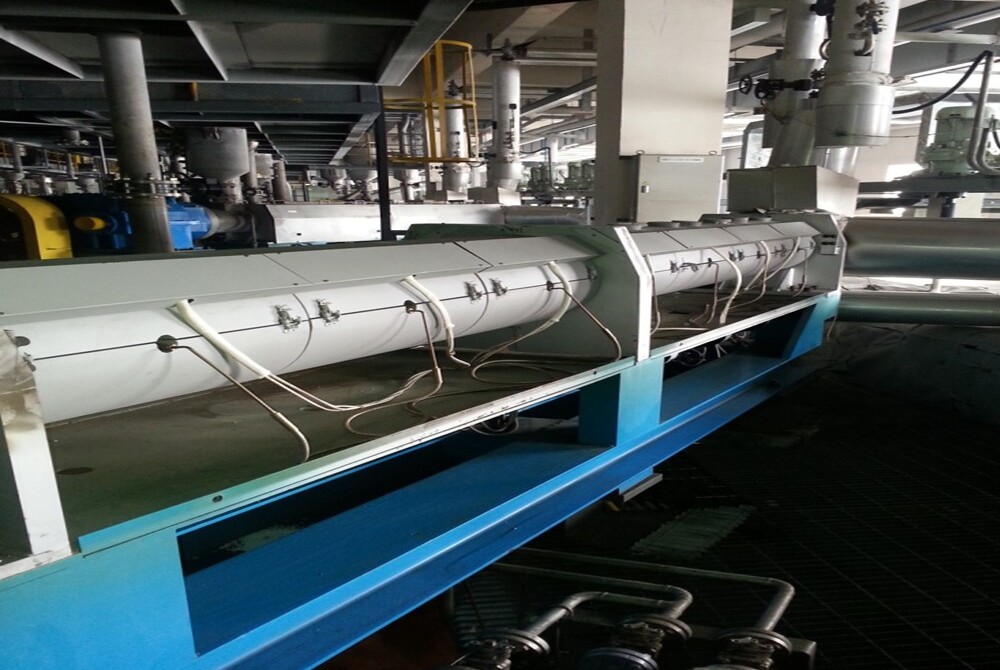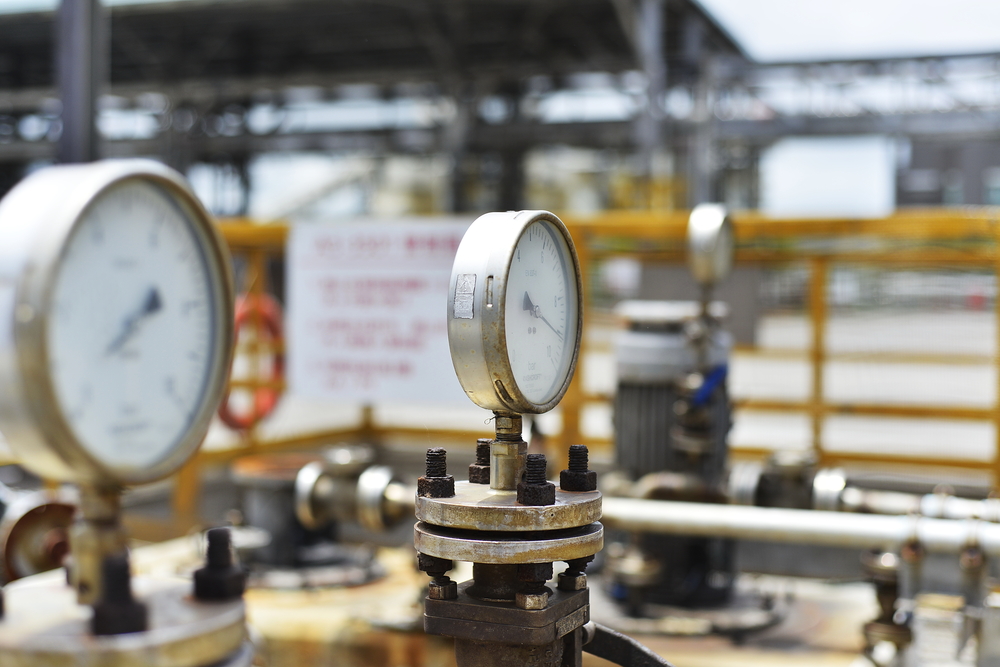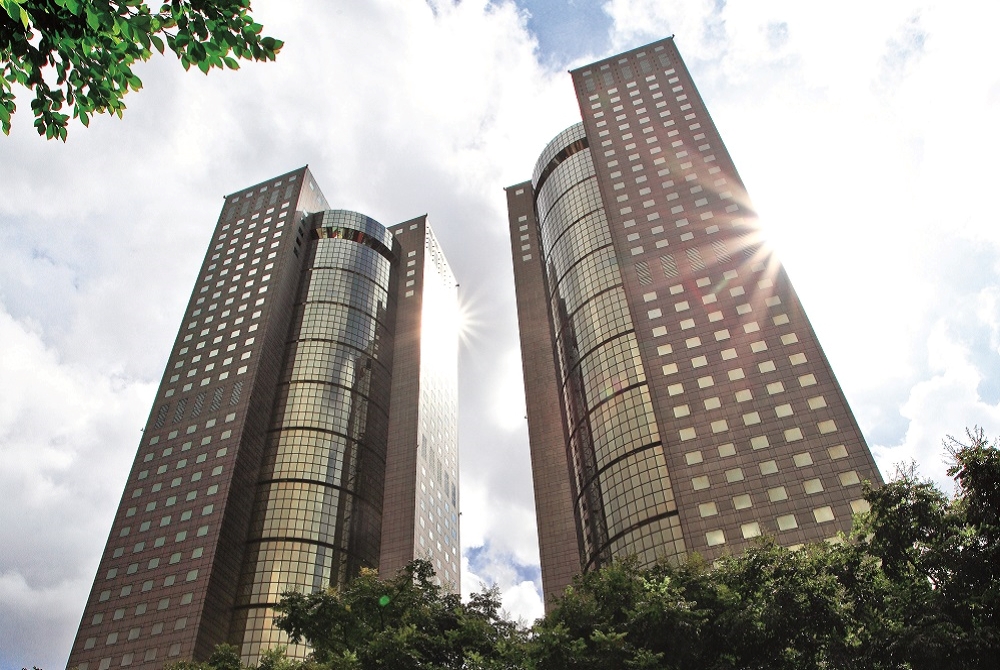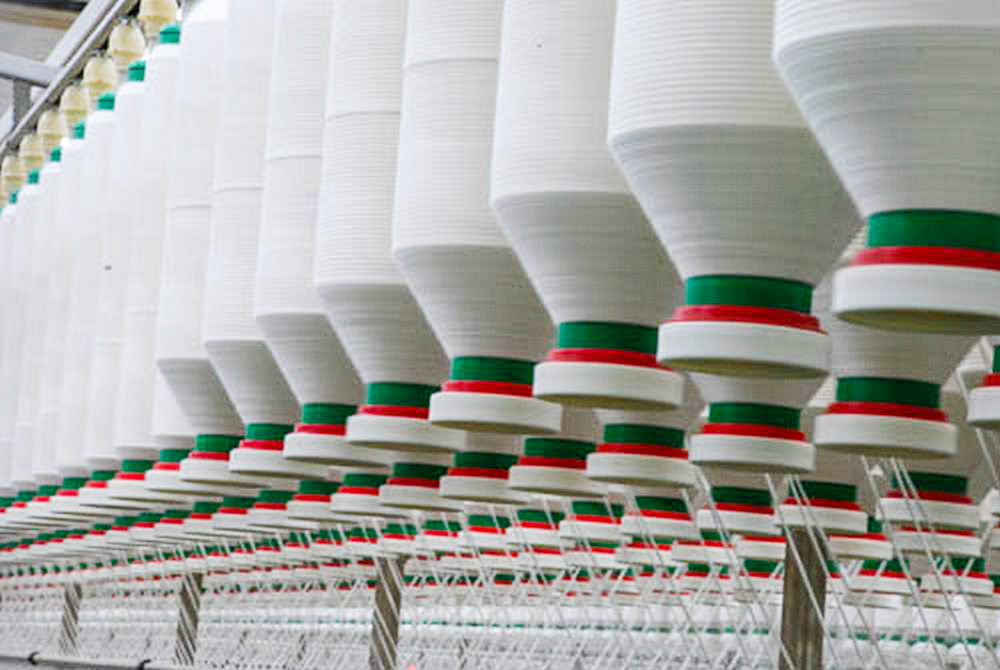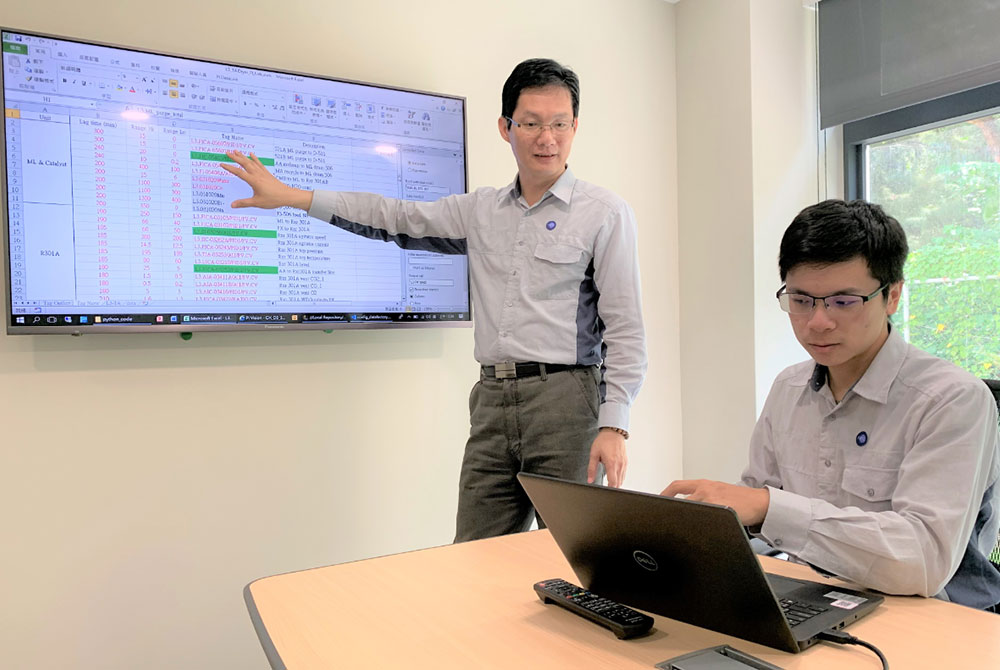Energy Management
FENC introduces energy management systems and technological innovations to maximize the use of renewable energy and minimize the use of non-renewable energy.
Energy Management Guidelines and Measures
The overall energy consumption in 2022 dropped by 6% from the previous year while the energy consumption per unit of production increased by 4%. The increase is attributed to decrease in production, which led to reduced thermal energy generation during the production process, hence cutting down the thermal energy that could be recycled. FENC plans to continue implementing multiple energy conservation projects to maximize energy efficiency.
Energy Consumption per Unit Production
Unit: GJ / metric ton of production
Energy Consumption in 2022
Energy Consumption
Unit: TJ
| Petrochemical | Polyester | |||||
| 2020 | 2021 | 2022 | 2020 | 2021 | 2022 | |
| Purchased Electricity | 1,274 | 1,137 | 1,106 | 3,231 | 3,712 | 3,085 |
| Purchased Renewable Electricity | 0 | 0 | 0 | 0 | 0 | 134 |
| Self-generated Renewable Electricity | 1 | 1 | 4 | 6 | 6 | 7 |
Total Electricity Consumption | 1,275 | 1,138 | 1,110 | 3,237 | 3,718 | 3,226 |
| Natural Gas | 4,244 | 4,079 | 4,225 | 2,245 | 2,538 | 2,455 |
| Heavy Oil | 0 | 0 | 0 | 309 | 285 | 247 |
| Diesel | 3 | 4 | 3 | 13 | 9 | 13 |
| Coal | 0 | 0 | 0 | 3,722 | 3,900 | 3,445 |
| Coal-Water Slurry | 0 | 0 | 0 | 2,252 | 2,298 | 1,952 |
Biomass Fuel | 214 | 201 | 192 | 0 | 0 | 24 |
| Purchased Steam | 2 | 18 | 22 | 319 | 297 | 264 |
Total Energy Consumption | 5,738 | 5,440 | 5,552 | 12,097 | 13,045 | 11,626 |
Textile | Total | |||||
2020 | 2021 | 2022 | 2020 | 2021 | 2022 | |
| Purchased Electricity | 1,642 | 1,785 | 1,522 | 6,147 | 6,634 | 5,713 |
| Purchased Renewable Electricity | 0 | 0 | 218 | 0 | 0 | 352 |
| Self-generated Renewable Electricity | 32 | 33 | 34 | 39 | 40 | 45 |
Total Electricity Consumption | 1,674 | 1,818 | 1,774 | 6,186 | 6,674 | 6,110 |
| Natural Gas | 822 | 809 | 738 | 7,311 | 7,426 | 7,418 |
| Heavy Oil | 0 | 3 | 8 | 309 | 288 | 255 |
| Diesel | 0 | 2 | 0 | 16 | 15 | 16 |
| Coal | 1,168 | 1,216 | 1,039 | 4,890 | 5,116 | 4,484 |
| Coal-Water Slurry | 104 | 144 | 111 | 2,356 | 2,442 | 2,063 |
Biomass Fuel | 0 | 0 | 101 | 214 | 201 | 317 |
| Purchased Steam | 375 | 246 | 219 | 696 | 561 | 505 |
Total Energy Consumption | 4,143 | 4,238 | 3,990 | 21,978 | 22,723 | 21,168 |
| Note: 1. The statistics take into account energy consumed during the production process only. 2. The calorific value is based on the factors of calorific value from all production sites. 3. External energy consumption is not taken into account. |
Renewable energy consumption at FENC in 2022 accounts for 3.4% of total energy consumption and 6.5% of total electricity consumption. Total renewable energy consumption in 2022 is 466 TJ.
System Establishment and Management
- As FENC expands its business territory, it also expands the scope covered by the ISO 50001 energy management system. Following the Plan-Do-Check-Act (PDCA) cycle, the Company implements the following five major energy management policies:
・Implement energy management.
・Continue improving energy efficiency.
・Comply with applicable energy regulations.
・Procure energy conservation apparatus.
・Build consensus on energy and carbon reduction.
1.Internal Energy-Saving Incentives
To excel further in energy management, FENC is aware of the need to encourage collaboration among its affiliates. By learning from one another, these corporate entities may acquire energy conservation approaches that will inspire technological advancement and increase energy efficiency. Since 2005, the Far Eastern Group has been presenting Far Eastern Energy Awards to encourage and recognize excellence in improving energy conservation technologies and practices. In 2022, FENC submitted 16 projects, accounting for 37% of the total entries. Implementation of energy conservation projects will be continued to control energy costs.
2.Incorporation of Energy-Saving performance Into Remuneration
Starting in 2016, a number of production sites have established Regulations Governing Energy Efficiency Rewards, which officially incorporates energy conservation performance into the evaluation criteria in the bonus system.
Incorporation of Innovative Technology and Equipment
As the 5G and AI technologies flourish and the world races towards net zero emissions, digital transformation and smart evolution are inevitable paths ahead of the manufacturing industry. FENC has committed tremendous energy into the development and application of such development. With digital transformation as the strategy, FENC production sites have gradually incorporated Industry 4.0 and used AIoT to elevate the efficiency of quality forecast and energy management to build smart factories.
Smart Manufacturing
1. FEIS utilizes ultrasound to measure air flow. The results are analyzed using AI to detect any gas leak and prevent energy waste. Currently, the plant is in the process of incorporating AI to automatically adjust boiler parameters and optimize boiler combustion control. The technological advancement ensures that the boilers are operating under optimal parameters, thus conserving over 1% in fuel consumption.
2. APG Polytech installed an automatic monitoring device at the boiler to ensure safety. Using a deep believe network, the system monitors the operational status of boilers throughout the heating system in real time, which is highly reliable and effective. Operation began in November 2022. Monthly electricity consumption was down by 39%, saving approximately NT$107.3 million in annual costs. The project also includes the replacement of an air preheater, which improves the combustion efficiency of the natural gas boiler and reduces natural gas consumption by 9%.
Value Chain Collaboration
The nine production sites under the Textile Business engage brand customers frequently to implement energy and carbon reduction projects and help them achieve GHG reduction targets based on the 1.5°C scenario. Data and progress are reported monthly on the customer platform for project tracking, management and review.
Avid Support for Governmental Policies
FENC production sites subject to the 1% energy reduction mandates for energy-heavy industries from the MOEA have been reporting energy conservation rates on a regular basis. The policy period is extended to 2024. In the past seven years, all production sites have delivered higher energy conservation rates than the regulatory requirements.
Energy-Saving Rate at Production Sites in Taiwan
2020 | 2021 | 2022 | |
Energy-Saving Rate | 1.4% | 1.4% | 1.5% |








